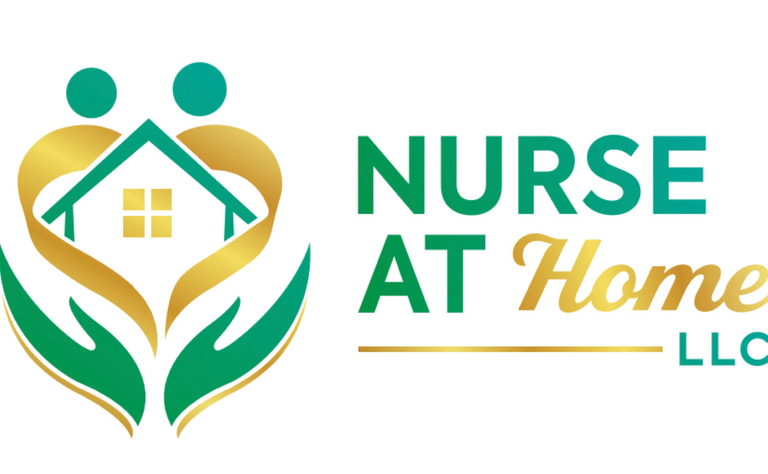Understanding Companion Care vs Personal Care: Key Differences and Benefits
Companion Care vs Personal Care is there a difference and what are the benefits?
8/8/20252 min read


Introduction
In today's world, the demand for non-skilled home care services is rapidly increasing. Two terms that often arise in this field are 'companion care' and 'personal care.' While these services may seem similar, they cater to different needs and provide distinct benefits. In this article, we will explore the differences between companion care and personal care, shedding light on their unique advantages for individuals requiring assistance.
Defining Companion Care
Companion care is primarily focused on providing companionship and emotional support to individuals. This type of care is ideal for seniors or those who may feel isolated, as it helps maintain social interaction and enhances overall well-being. Companion caregivers engage in activities such as conversation, reading, playing games, and accompanying clients on walks or outings. Their role is to provide a friendly presence and foster a sense of community, which is especially beneficial for those living alone.
Understanding Personal Care
On the other hand, personal care is more intensive and focuses on assisting individuals with everyday tasks that may have become challenging due to age, illness, or disability. Personal caregivers offer hands-on help with daily activities such as bathing, dressing, grooming, and medication management. The personal care services ensure that clients maintain their hygiene and overall health, providing not just functional support but also dignity and respect during personal routines.
Key Differences and Benefits
The primary difference between companion care and personal care lies in the level of assistance provided. While companion caregivers focus on emotional support and socialization, personal caregivers provide physical assistance with personal needs. Both types of care play crucial roles in improving the quality of life for their clients.
The benefits of companion care include:
Reducing feelings of loneliness and isolation.
Encouraging social interaction and mental stimulation.
Providing emotional support and companionship.
Conversely, the benefits of personal care include:
Ensuring proper hygiene and health management.
Supporting independence while helping with daily activities.
Offering a sense of comfort and dignity during personal tasks.
Ultimately, the choice between companion care and personal care will depend on the specific needs of the individual. For some, a combination of the two services may be beneficial, ensuring that both their emotional and physical needs are met.
In conclusion, understanding the differences between companion care and personal care is crucial for families seeking non-skilled home care options. By recognizing the unique benefits of each service, caregivers can provide tailored support that enhances the quality of life for those they serve. Whether an individual requires companionship or assistance with personal tasks, both forms of care play a vital role in fostering a healthier and happier lifestyle.
